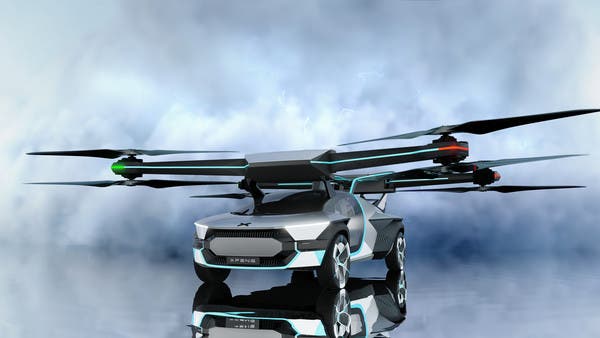American and Chinese companies are competing on the future of mobility, betting on the flying car.
In recent months, the Chinese company “Xpeng Aeroht” has organized the first two flights of its aircraft. The 90-second experiment near Dubai’s iconic Palm Jumeirah in October was followed by a second experiment in Guangzhou, China. After the Chinese company overcame regulatory hurdles to capture market share in a trillion-dollar market.
Despite fears about investing in tech startups in this year’s high-interest environment, I was impressed Flying car companiesIncluding Lilium NV, Joby Aviation Inc and Archer Aviation Inc. Investors with multi-billion dollar financing rounds. But it is now trading near historic lows.
And according to a study by Canadian firm Horizon Aircraft released this month, most investors expect companies to shut down and merge a lot in the coming years, even as orders gradually ramp up.
For his part, Zhang Junai, a partner at consultancy Oliver Wyman who helped found investment firm Nio Capital, said investors are looking for “Tesla to make flying cars.” However, it could take 10 to 15 years for the market to flourish, according to Bloomberg, and Al Arabiya.net reviewed it.
While many flying cars, or “eVTOLs” — electric vertical take-off and landing aircraft — have no wheels and can’t be driven on the ground, Aeroht’s sixth-generation model is a real car that even works on the road. It looks like a luxury car rather than a small plane on wheels, which is the approach of some competitors.
In fact, the model is designed to be driven on the road more than 90% of the time and to fly only in the presence of traffic jams or obstacles. The car – which contains 4 electric motors and eight propellers – is expected to go into mass production in 2025, according to CEO Zhao Daily.
Dailey predicts the car will cost about 1 million yuan ($140,000), much cheaper than the Joby ($1.3 million). This is partly because Aeroht can take advantage of Xpeng’s extensive supply chain across China.
Morgan Stanley analysts have said that the value of eVTOL, or urban air mobility, could reach $1 trillion by 2040.
Zhao first met the Xpeng founder in 2020, after he’d struggled for nearly a decade to keep his startup from collapsing. Not long after the meeting, Xpeng invested in Zhao’s startup and renamed it Xpeng Aeroht.
But what threatens the sector is that even Aeroht’s best-known backer is grappling with investor uncertainty, and Xpeng shares are the year’s worst performer on the MSCI China index.


